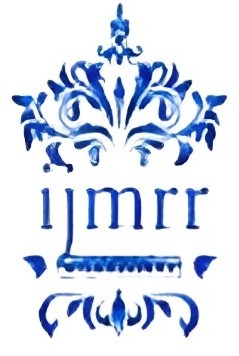Hyper Spectral Image Denoising Based On Adaptive Sparse Representation
Abstract
Hyperspectral images (HSIs) provide rich spectral and spatial information, making them invaluable in various fields such as remote sensing, agriculture, and medical imaging. However, HSIs are often corrupted by noise during acquisition, transmission, or storage, which significantly degrades their quality and usability. This paper proposes an adaptive sparse representation-based approach for hyperspectral image denoising. The method exploits the intrinsic spectral-spatial structure of HSIs and adaptively learns sparse dictionaries tailored to the local characteristics of the data.
By employing an adaptive dictionary learning framework, the proposed method effectively represents the clean signal while suppressing noise. Additionally, spectral correlation across bands is leveraged to ensure consistent denoising without introducing artifacts. The adaptive nature of the sparse representation enables the model to handle diverse noise types, including Gaussian, impulse, and mixed noise. Experimental results on synthetic and real-world datasets demonstrate that the proposed method outperforms state-of-the-art denoising techniques in terms of both quantitative metrics (e.g., PSNR, SSIM) and visual quality. The findings highlight the potential of adaptive sparse representation for improving hyperspectral image quality in practical applications.











